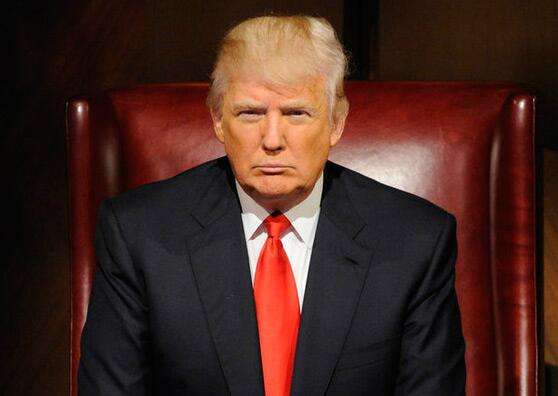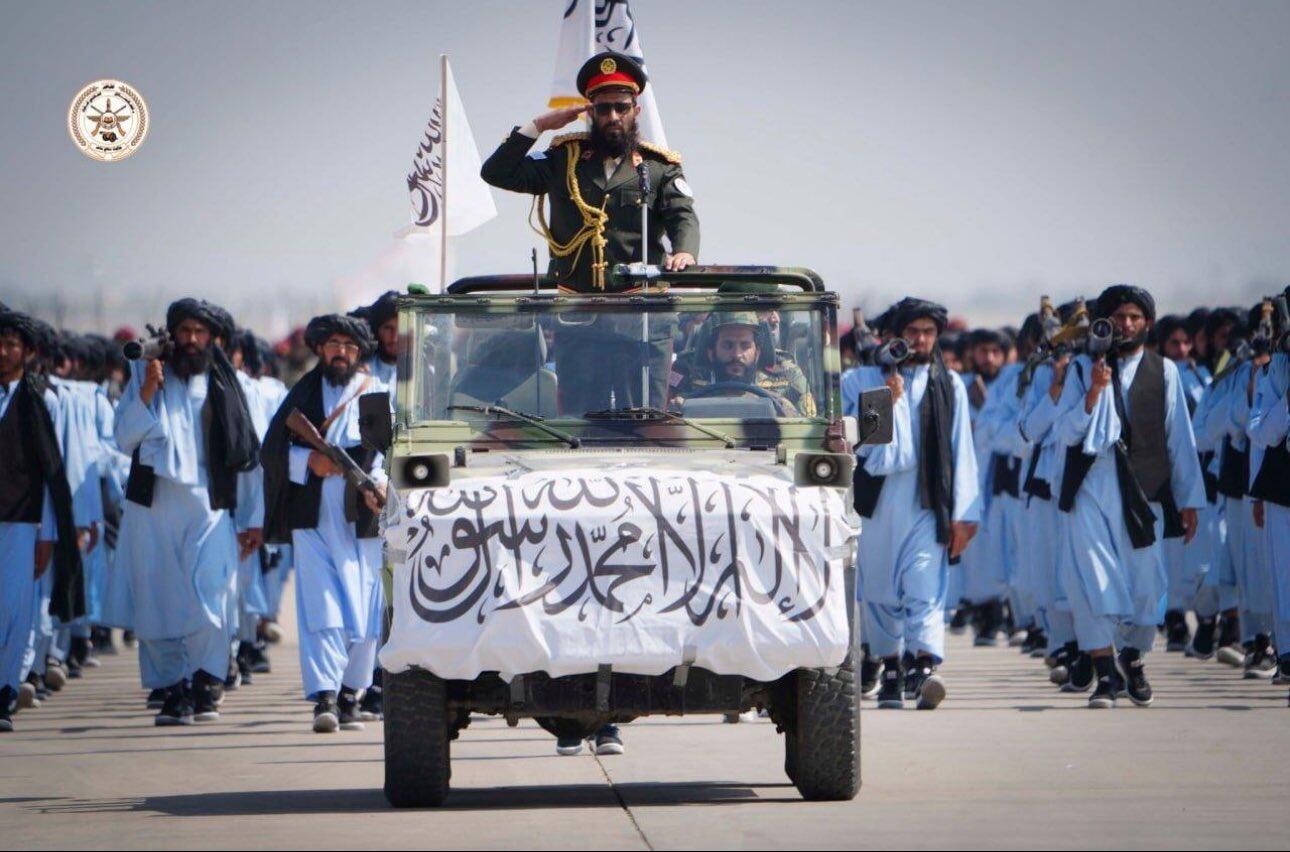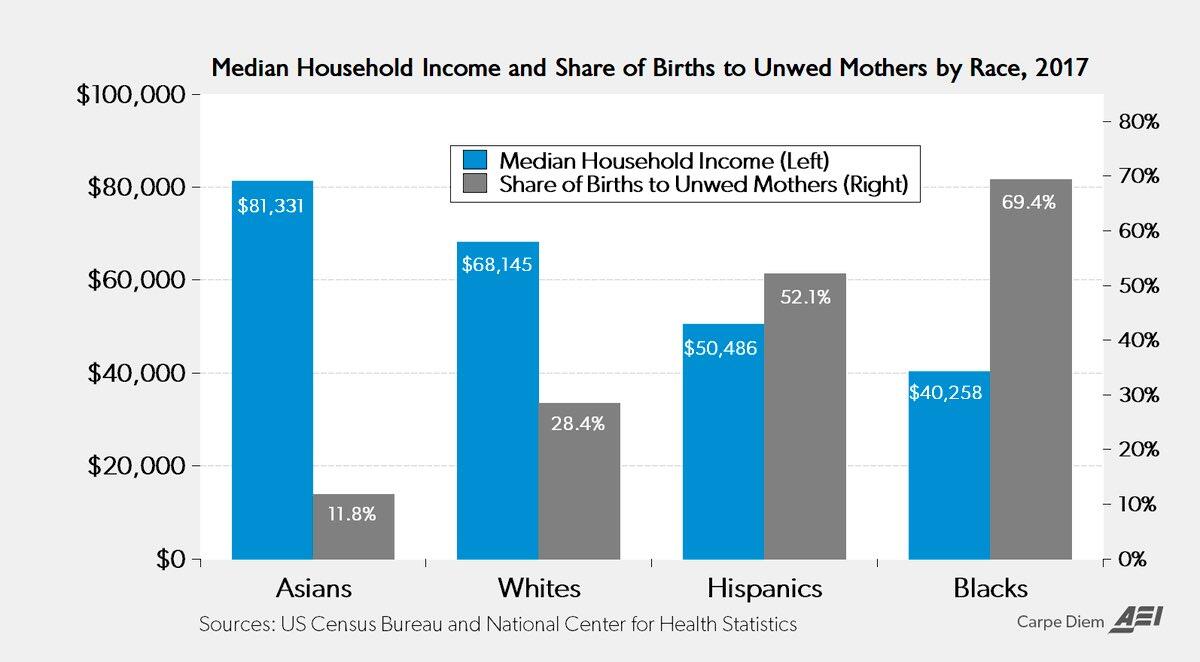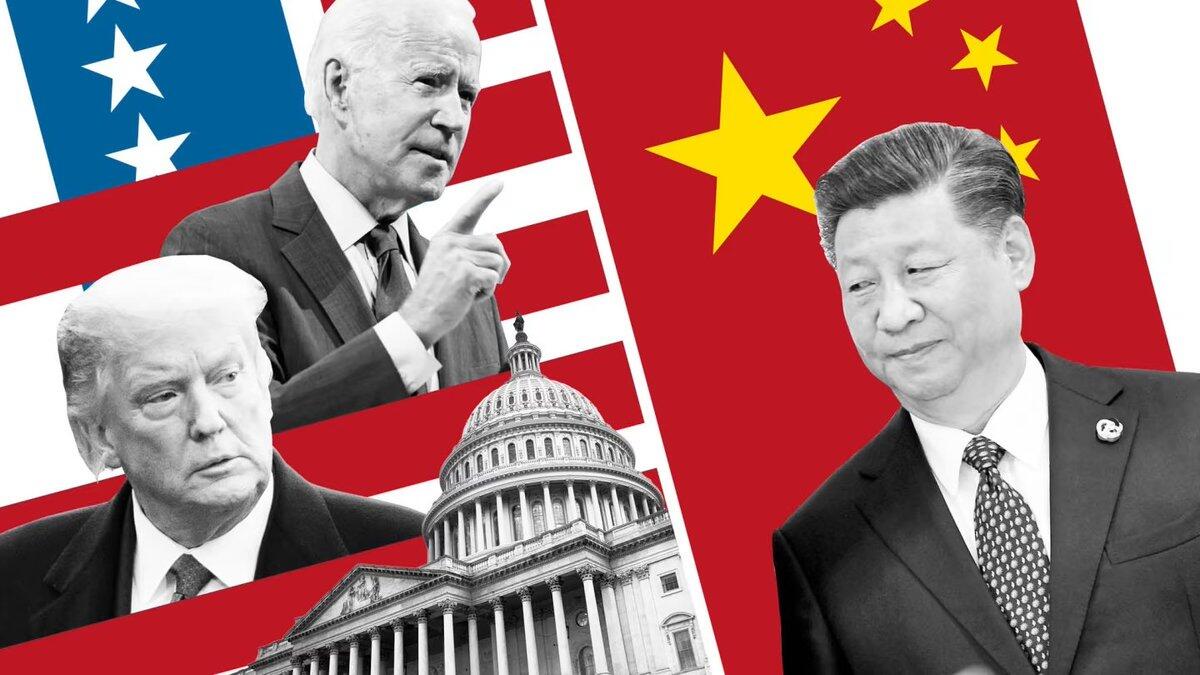
🇺🇸 "Project 2025 and the New Era of the Trump Administration: Combatting China, Iran, Russia, North Korea, and Venezuela"
Project 2025, outlined in the Heritage Foundation's "Mandate for Leadership" document, serves as a fundamental guide for the next Republican administration.
Despite Trump's extensive denial, in today's material, we will explore the deepening and continuation of many policies already employed during his first term. The idea is that this material will serve as a reference document to consult and verify what was actually implemented and/or followed.
This document presents proposals for the foreign policy and the State Department of the United States of America, as well as the strategy with its political partners and adversaries. We will also address the U.S. government's communication strategy abroad.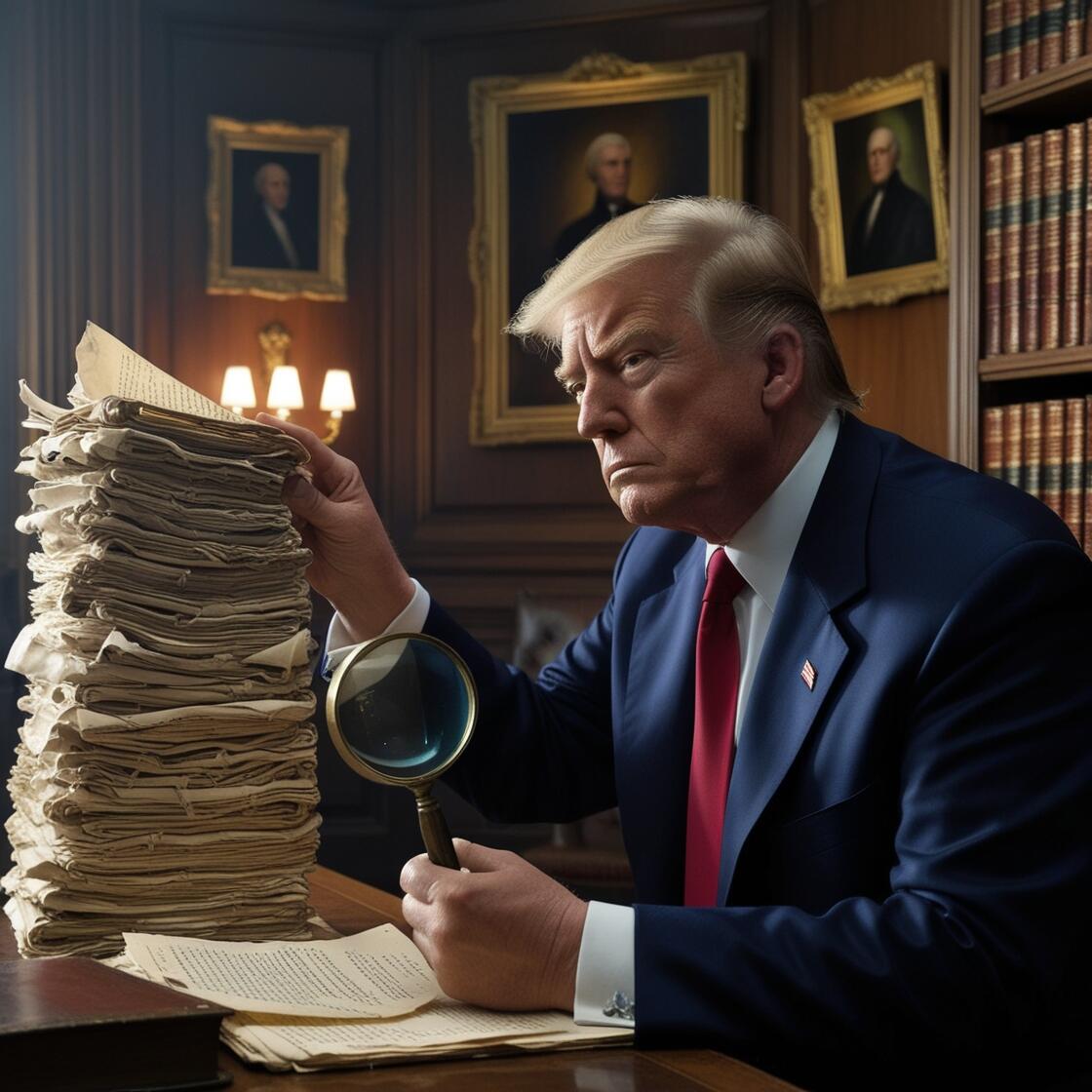
Reorienting U.S. Foreign Policy: Proposals for a Conservative Future
In the chapter "The Department of State" from the "Mandate for Leadership," also known as "Project 2025," Kiron K. Skinner presents a comprehensive plan to reform U.S. foreign policy under a conservative administration. Skinner, a renowned foreign policy expert and former Director of Policy Planning at the U.S. State Department, outlines global threats and offers specific recommendations to strengthen the U.S. position on the international stage.
Below, we present a detailed analysis of the proposals, emphasizing direct quotes and explanations of the key points discussed.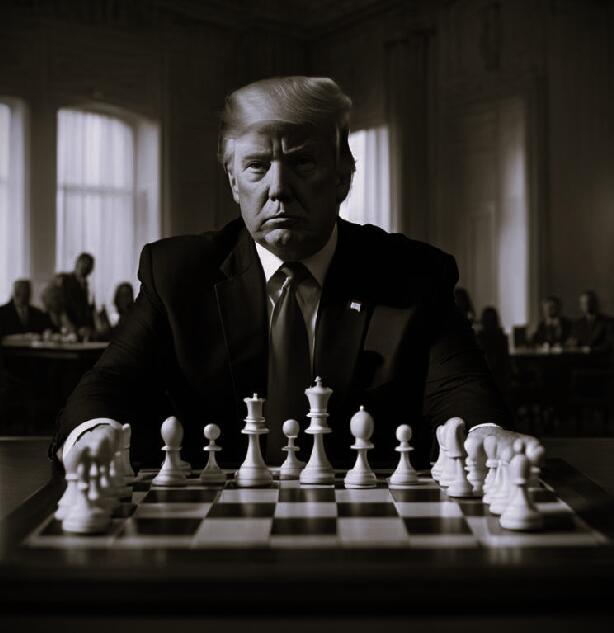
History and Structure of the State Department
Since its founding in 1789, the State Department has been the primary diplomatic channel of the U.S. With nearly 80,000 employees and 275 posts around the world, it faces significant structural challenges. Skinner highlights that "the biggest problem of the State Department is not a lack of resources," but the belief that it is "an independent institution that knows what is best for the U.S." (Skinner).
The scholar and former Director of Policy Planning at the U.S. State Department during the Trump administration emphasizes these points, considering the difficulty in accepting a conservative international approach by State Department employees (the equivalent of the Ministry of Foreign Affairs in other countries).
Political Leadership and Bureaucratic Support
To align the State Department with presidential priorities, Kiron suggests appointing political leaders who are committed to the president's vision. "Leadership should include political appointees in positions that do not require Senate confirmation, including senior advisors and deputy secretaries" (Skinner).
Furthermore, she emphasizes the importance of training and supporting these appointees to ensure effective coordination between agencies.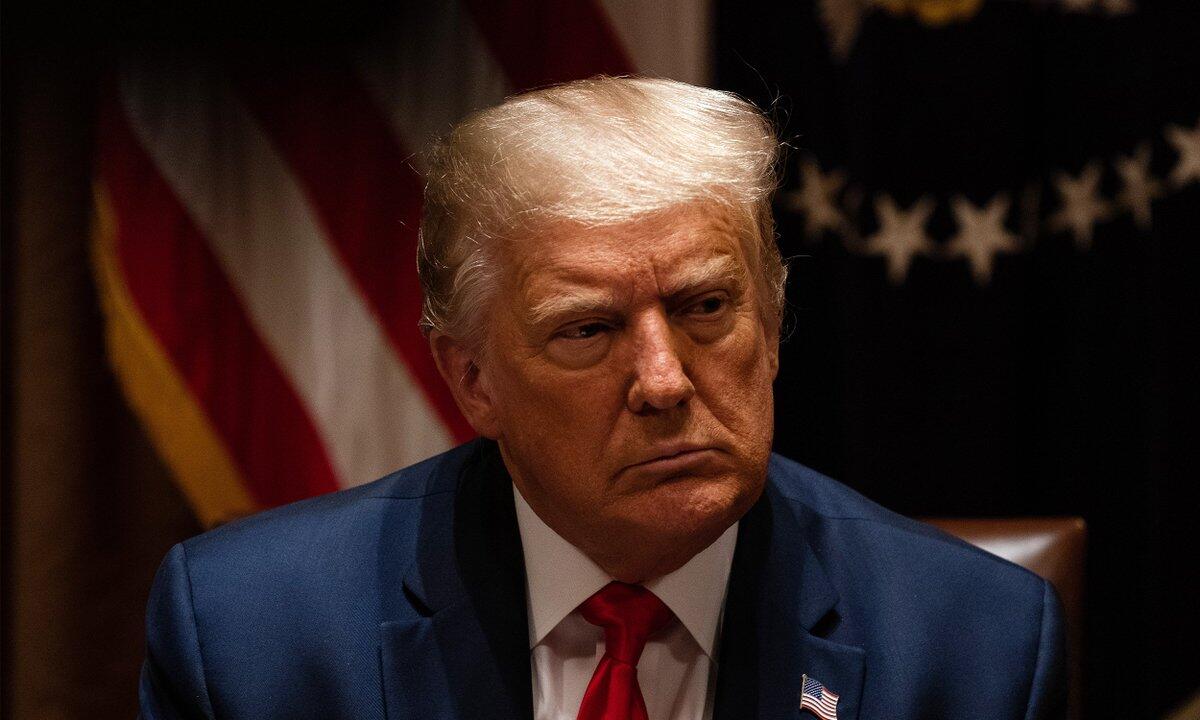
Global Threats to the U.S.
The document identifies five countries that pose significant threats to the security and prosperity of the U.S.: China, Iran, Venezuela, Russia, and North Korea.
🇨🇳 China: Skinner argues that China represents an existential threat. "The U.S. needs a strategic cost-imposing response to make Beijing's aggression economically unviable" (Skinner).
Additionally, she emphasizes that the issue is not with the Chinese people, but with the communist dictatorship that oppresses them: "As with all global struggles against communist and other tyrannical regimes, the issue should never be with the Chinese people, but with the communist dictatorship that oppresses them" (Skinner).
🇮🇷 Iran: The Obama administration, through the 2015 nuclear deal, provided the Iranian regime with a "crucial cash bailout" (Skinner). Kiron criticizes this approach, asserting that the U.S. should support the Iranian people in their demands for a democratic government.
"The correct policy for Iran is one that recognizes that it is in the U.S. national security interests and the human rights of Iranians that they have the democratic government they demand" (Skinner).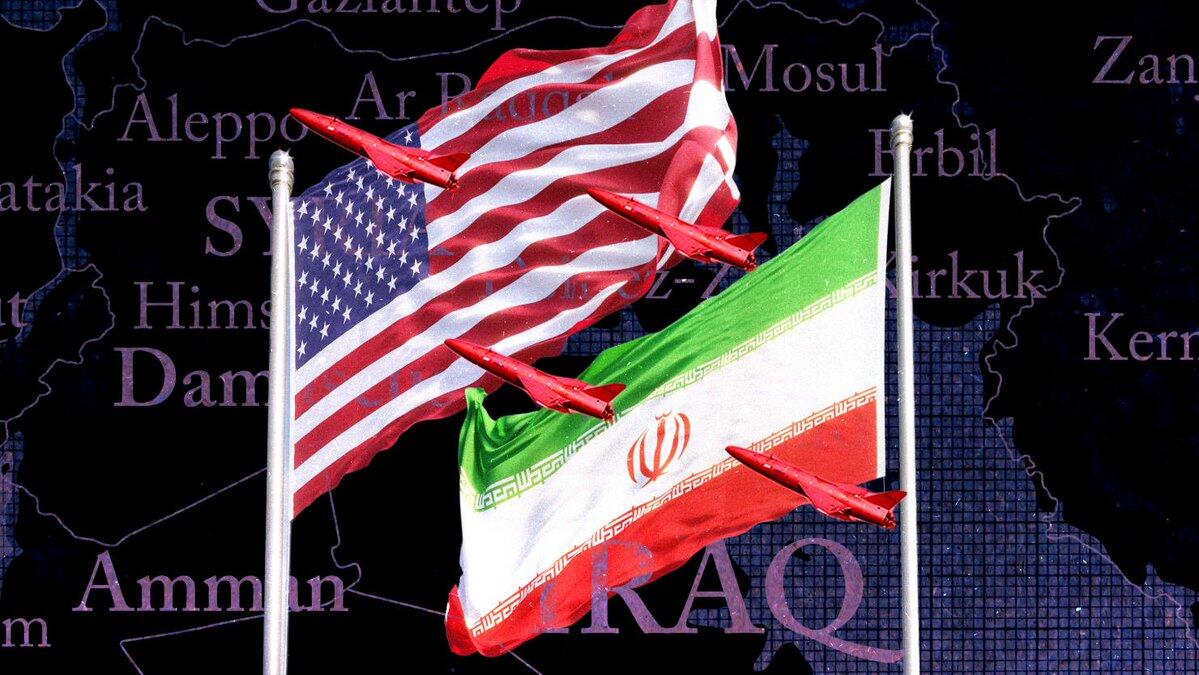
🇻🇪 Venezuela: Under the regimes of Hugo Chávez and Nicolás Maduro, Venezuela has transitioned from a prosperous country to one of the poorest in South America. Skinner suggests that the U.S. should work to contain Venezuelan communism and support its people.
"The next administration should take steps to put Venezuela's communist abusers on notice and make progress in helping the Venezuelan people" (Skinner).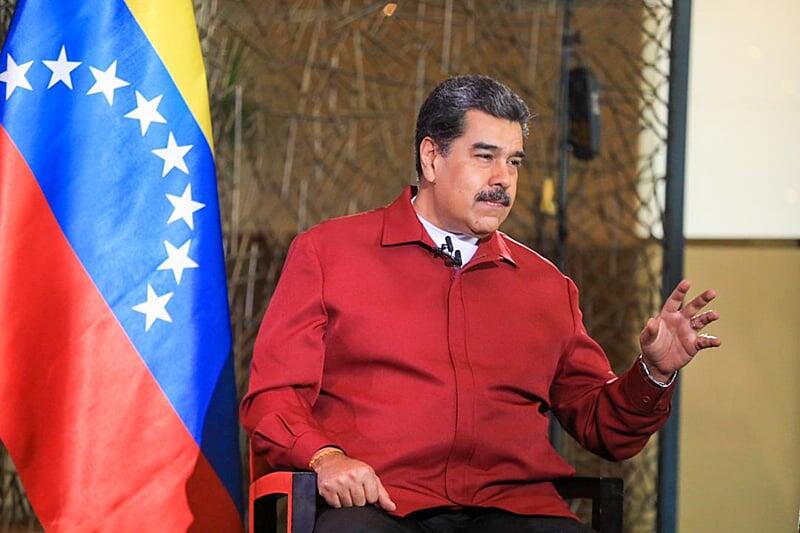
🇷🇺 Russia: The war between Russia and Ukraine divides opinions among conservatives, and the document considers three lines of action. Some advocate continuing support for Ukraine, while others believe that such support does not serve U.S. security interests.
"The conservative approach rejects both isolationism and interventionism, first asking: What is in the interest of the American people?"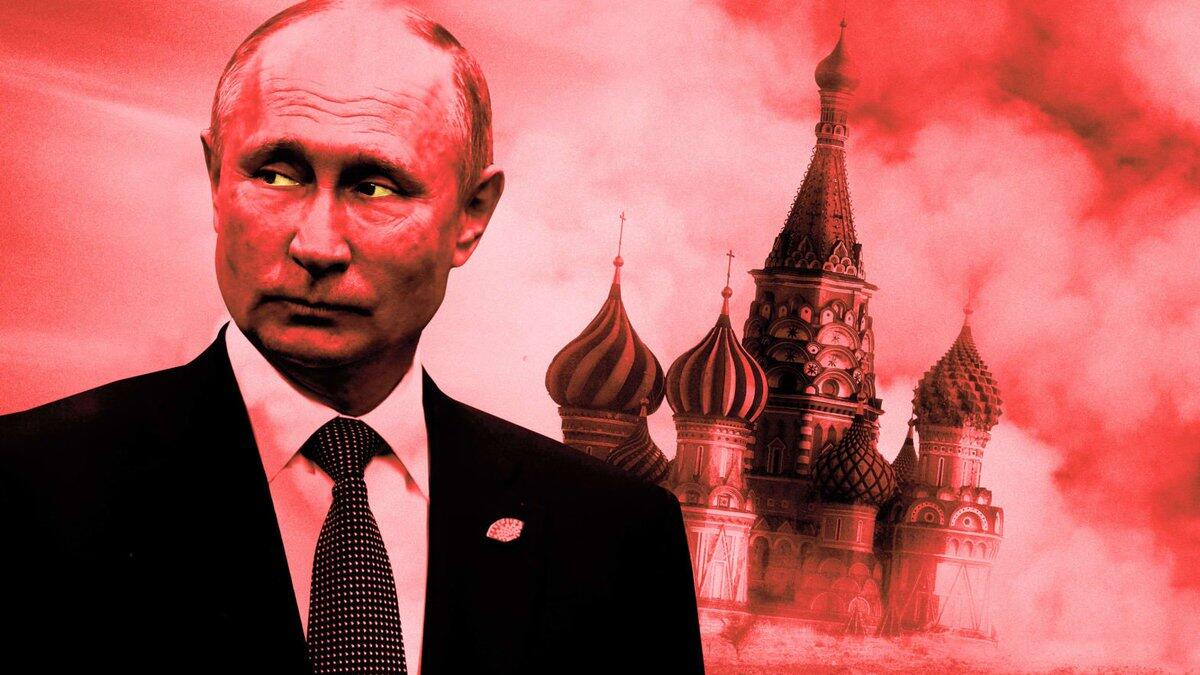
One conservative school of thought believes that "Moscow's illegal war of aggression against Ukraine represents major challenges to U.S. interests, as well as to peace, stability, and the post-Cold War security order in Europe" (Skinner).
This view advocates for continued U.S. involvement, including military and economic aid, to defeat Russian President Vladimir Putin and return to pre-invasion border lines.
Another conservative school of thought argues that U.S. support for Ukraine is not in the interest of U.S. national security. According to this view, "Ukraine is not a member of the NATO alliance and is one of the most corrupt countries in the region" (Skinner).
It is argued that the European nations directly affected by the conflict should help defend Ukraine, but the U.S. should seek a swift end to the conflict through a negotiated settlement.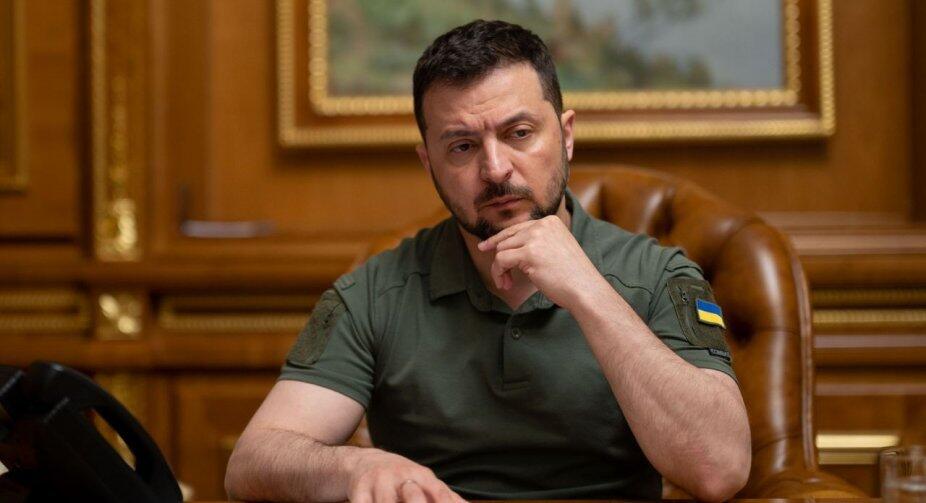
A third conservative viewpoint avoids both isolationism and interventionism, proposing that "each foreign policy decision should first ask: What is in the interest of the American people?" (Skinner).
From this perspective, continued U.S. involvement should be fully funded, limited to military aid while European allies address Ukraine's economic needs, and must have a clear national security strategy that does not endanger American lives.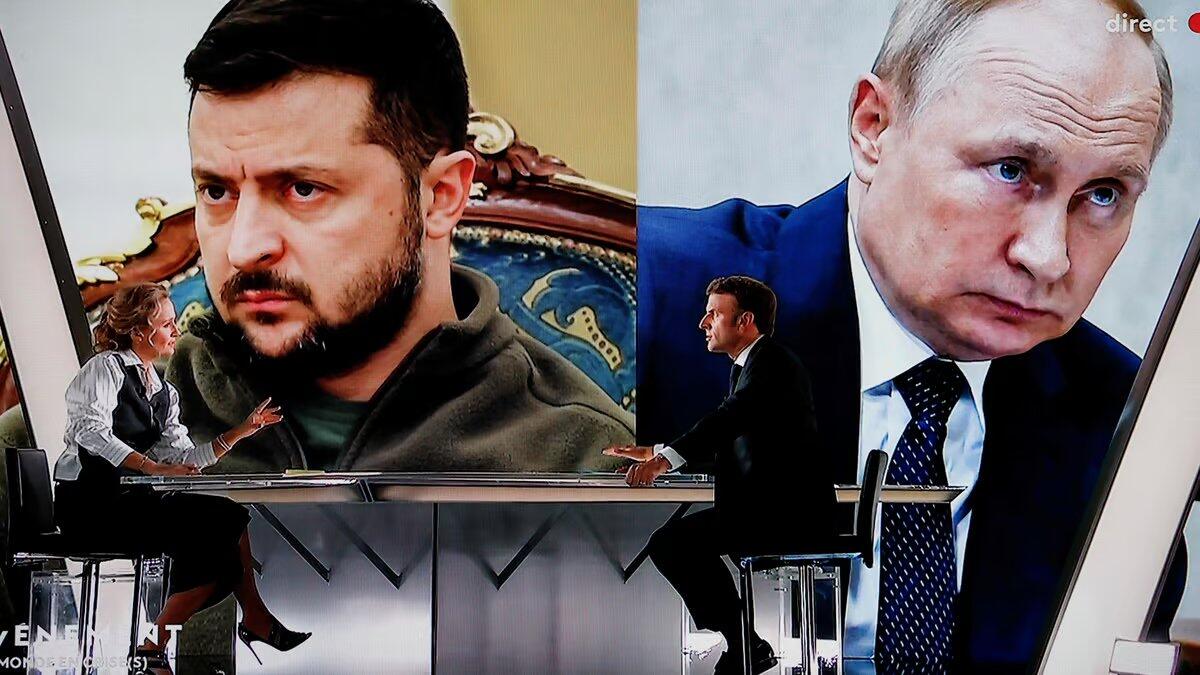
Although not stated explicitly, I believe this third viewpoint is the one Kiron Skinner desires, as she considers American intervention important but advocates for balancing the costs of the war with its partners in the European Union and NATO.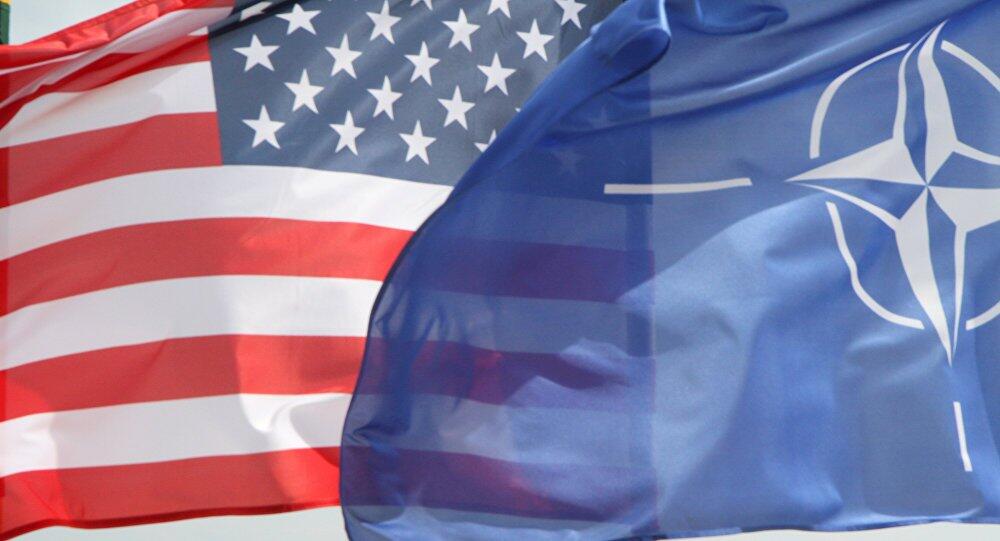
🇰🇵 North Korea: North Korea must be deterred from any military conflict and cannot be allowed to remain a de facto nuclear power.
"The U.S. cannot allow North Korea to remain a de facto nuclear power with the capability to threaten the U.S. or its allies" (Skinner).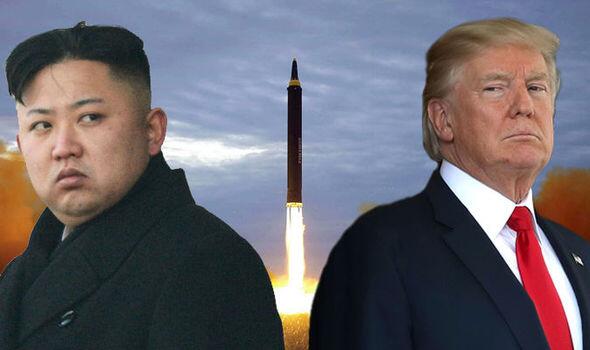
Detailed Policy Proposals
Refugee Admissions: The Biden administration has caused a collapse in border security and internal immigration enforcement, according to Skinner. She argues that the U.S. Refugee Admissions Program (USRAP) should be resized.
"The federal government should redirect screening and verification resources to the border crisis, indefinitely reducing the number of USRAP refugee admissions until the crisis can be contained" (Skinner).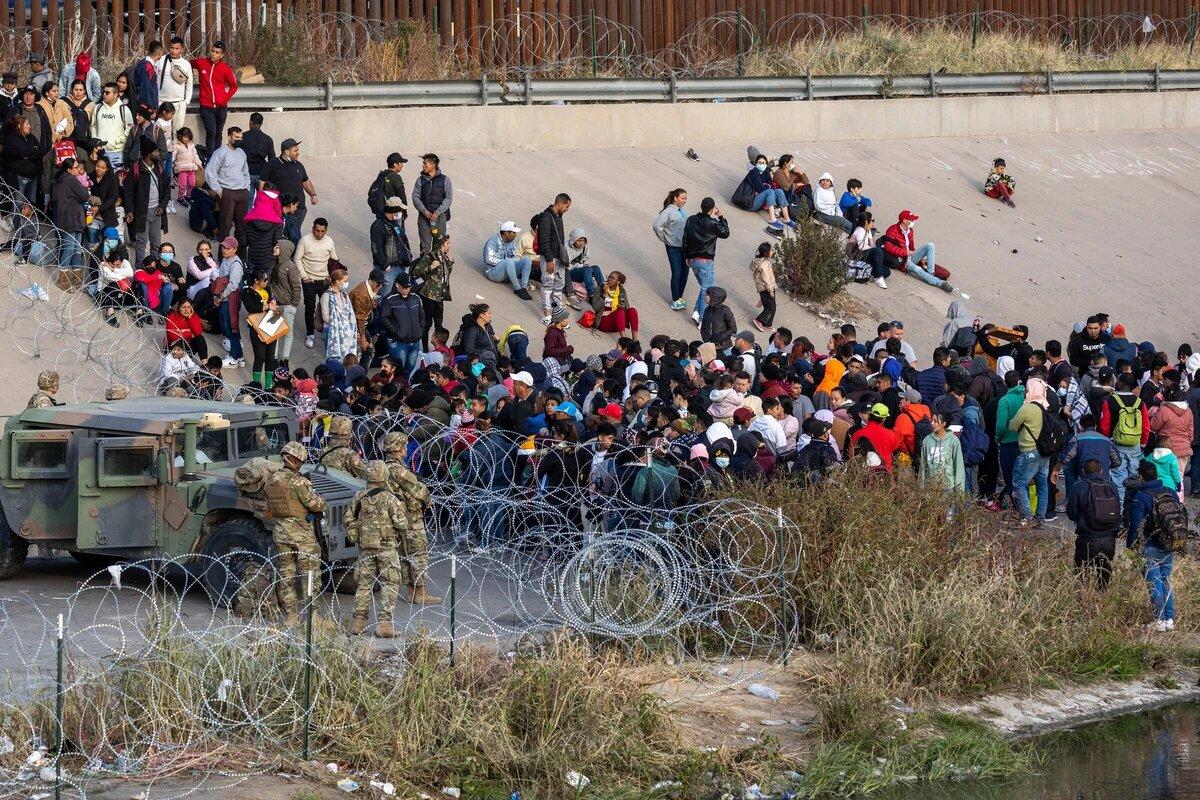
Corporate Collaboration with China: Skinner criticizes the collaboration of companies like BlackRock and Disney with the Chinese regime, noting that "many are invested in an unwavering faith in the international system and global norms," refusing to acknowledge Beijing's malign activities.
She emphasizes that the real issue is the communist dictatorship that oppresses the Chinese people, not the Chinese citizens themselves (Skinner).
Fentanyl and Mexico: The trafficking of fentanyl, facilitated by Mexican cartels in collaboration with Chinese precursor chemical manufacturers, is a critical problem.
"Mexican cartels, working closely with Chinese manufacturers of fentanyl precursor chemicals, are sending this drug to the U.S., causing an unprecedented lethal impact" (Skinner). The next administration should adopt a firm stance to halt this public health crisis.
Re-hemispherization of Manufacturing: Kiron proposes that the U.S. promote the relocation of manufacturing to partner countries such as Mexico and Canada.
"The U.S. should do everything possible to shift global manufacturing to Central and South American countries, especially to move it away from China" (Skinner). This would improve the supply chain and represent a significant economic boost for the region.
Abraham Accords and a New “Quad”: Skinner suggests that the next administration should expand the Abraham Accords to include countries like Saudi Arabia and form a new security pact in the Middle East that includes Israel, Egypt, Gulf states, and possibly India.
"Protecting the freedom of navigation in the Gulf and the Red Sea/Suez Canal is vital for the global economy and, therefore, for U.S. prosperity" (Skinner).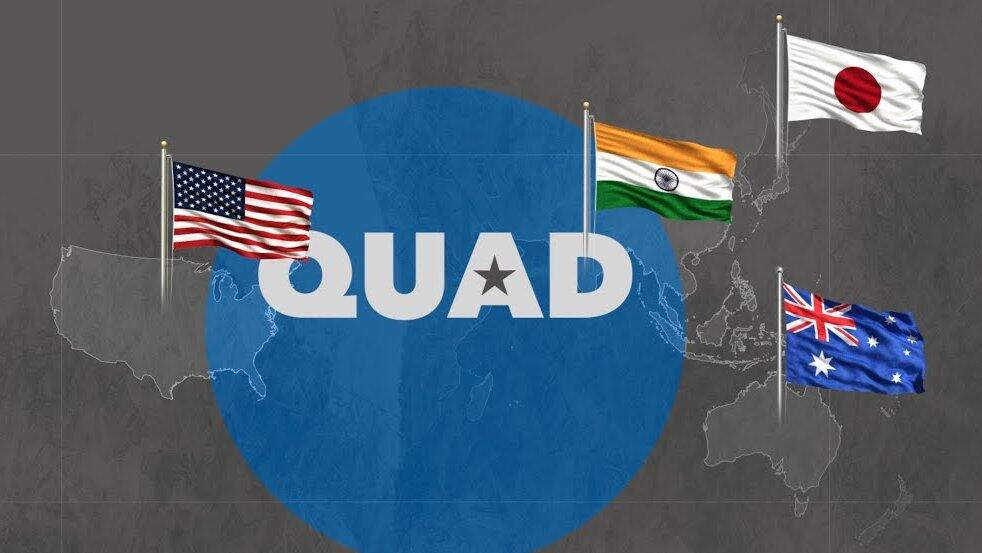
Policy for Africa: The U.S. strategy for Africa should shift focus from humanitarian assistance to economic growth and countering China’s malign activities.
"Development assistance should focus on fostering free market systems and involving the U.S. private sector" (Skinner). She also highlights that African nations are opposed to the imposition of policies such as abortion and LGBT lobbying.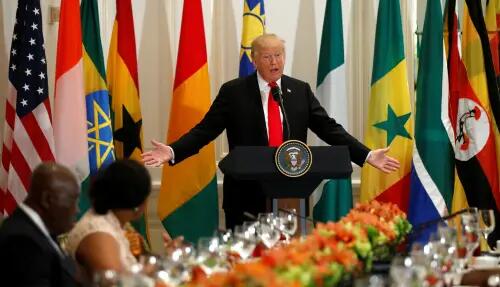
Relations with Europe and Asia
Europe: The U.S. should demand that NATO countries increase their contributions to defense. "The U.S. cannot be expected to provide a defense umbrella for countries that do not contribute adequately" (Skinner). Additionally, urgent trade agreements should be pursued with the post-Brexit United Kingdom.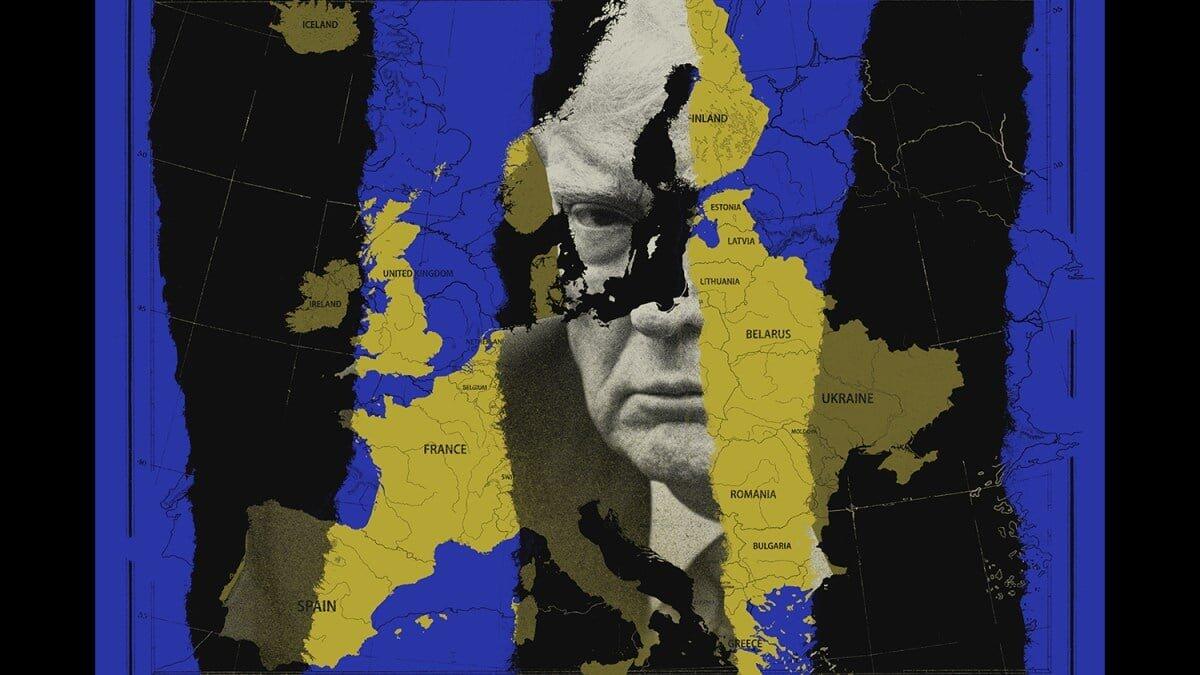
Asia: The withdrawal of U.S. troops from Afghanistan was humiliating and created new challenges. Skinner emphasizes the importance of India as a critical partner to counterbalance the Chinese threat and promote a free and open Indo-Pacific. Cooperation within the Quad, which includes the U.S., India, Japan, and Australia, is essential to this strategy. "The priority is to advance U.S.-India cooperation as a pillar of the Quad" (Skinner).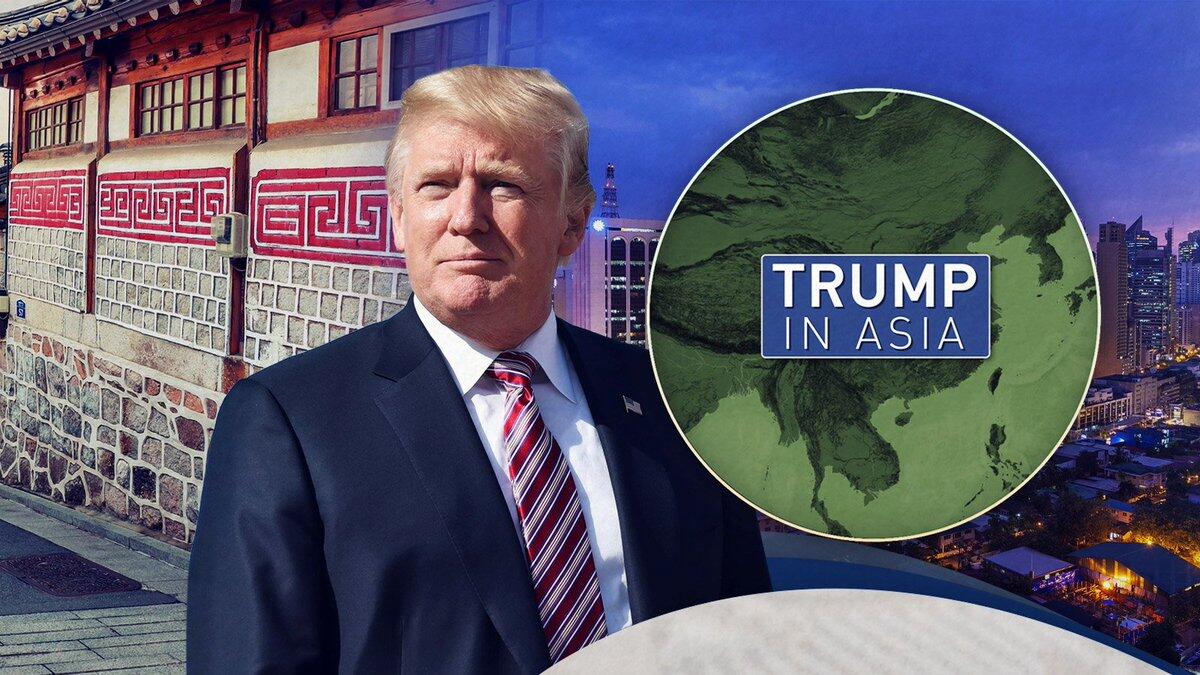
International Organizations
Skinner criticizes the corruption and failure of the World Health Organization (WHO) during the Covid-19 pandemic. "The next administration should end blind support for international organizations and direct the Secretary of State to initiate a cost-benefit analysis of U.S. participation in all international organizations" (Skinner).
She also supports the “Geneva Consensus Declaration on Women’s Health and Protection of the Family,” which is against abortion, and believes that the U.S. government should not fund international organizations that promote abortion (Skinner).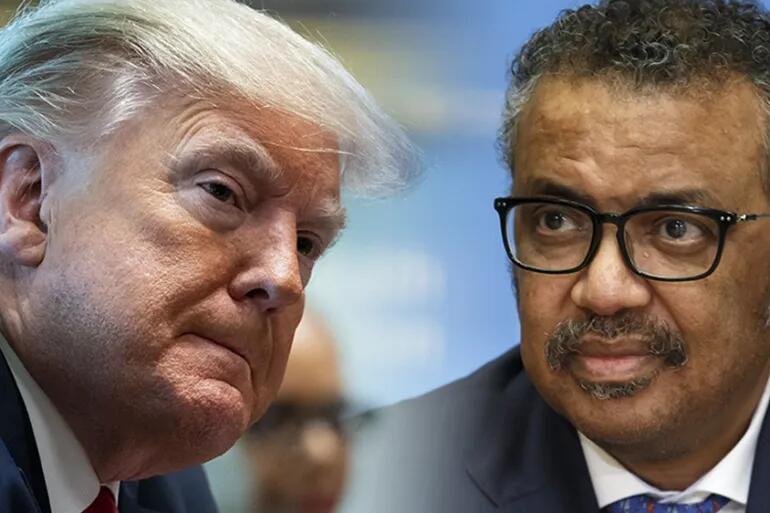
Conclusion
Skinner’s document provides a detailed vision for reorienting U.S. foreign policy under a conservative administration, with an emphasis on ensuring that the State Department serves the national interests defined by the president.
With these guidelines, the next administration has the opportunity to redefine the U.S. position on the global stage, promoting security, prosperity, and freedom.